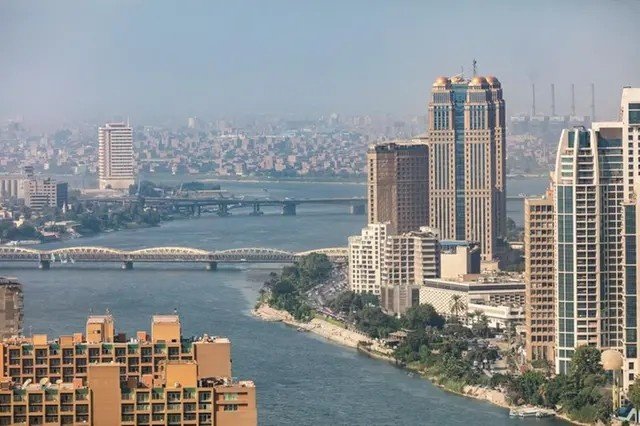Algiers — October 30, 2025: Algeria’s National People’s Assembly (APN) is reviewing a draft law that seeks to impose tighter regulation on major global digital platforms, including TikTok, Facebook, YouTube, and Instagram, as part of a national effort to protect youth, uphold social values, and strengthen digital sovereignty.
Proposed by lawmaker Bouhali Abdelbasset, the legislation would place large-scale digital platforms — defined as those exceeding one million users or a specified revenue threshold — under direct legal supervision within Algeria.
Key Provisions of the Draft Law
The proposed framework mandates that major platforms must:
- Establish a local office and appoint a legal representative in Algeria.
- Store user data domestically or within certified data centers.
- Remove illegal or harmful content within 24 hours of official notification.
- Submit biannual compliance and transparency reports to national authorities.
Violations could result in financial penalties, temporary service restrictions, or legal proceedings initiated by a newly proposed National Authority for Digital Space Regulation, an independent body reporting to the Presidency.
Balancing Safety and Sovereignty
The draft law focuses on three core objectives:
- Protecting social and religious values in digital spaces.
- Shielding children and adolescents from inappropriate or extremist content.
- Reinforcing Algeria’s digital sovereignty through localized governance and accountability.
Authorities argue that these measures are essential to ensure that the rapid growth of Algeria’s online ecosystem — with 36.2 million internet users and a 76.9% penetration rate as of early 2025 — does not compromise national integrity or user safety.
Shaping a Responsible Digital Ecosystem
If approved, the legislation would mark a turning point in Algeria’s digital governance, introducing greater transparency, traceability, and accountability for foreign tech giants operating in the country. It also aims to encourage homegrown digital innovation, creating opportunities for local platforms and data management infrastructure to flourish under national jurisdiction.
The proposed law underscores Algeria’s growing emphasis on responsible digital transformation — one that balances openness with oversight, innovation with ethics, and connectivity with cultural integrity.















